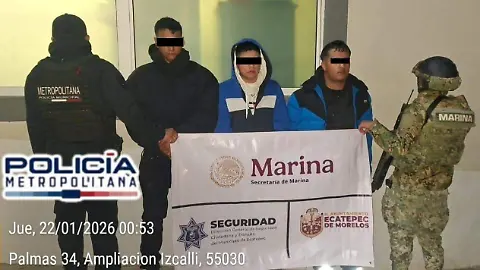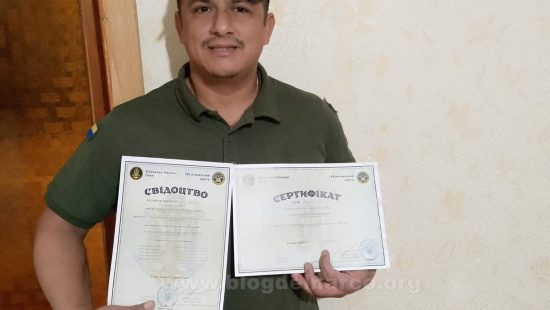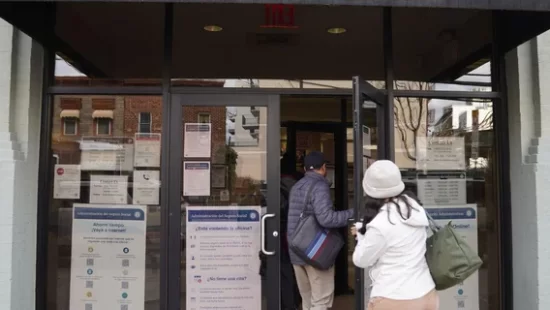The investigation into the double murder of Colombian singers Bayron Sánchez Salazar, B-King, and Jorge Luis Herrera Lemos, Regio Clown, has so far resulted in the arrest of 16 alleged accomplices, including a man identified as the only person authorized by La Unión Tepito to prepare Tusi in Mexico City.
This man is believed to be Yonier Alexander ‘N’, alias El Maxi, allegedly linked to crimes such as extortion, drug dealing, and murder, and is currently detained in a prison in the State of Mexico. Here’s everything that’s known about the alleged chef of La Unión Tepito.
It’s important to remember that the last known sighting of B-King and Regio Clown before their disappearance was of them getting into a Mercedes Benz near Polanco. Authorities tracked the vehicle to a property located on Colorines Street, in the El Cayón ranch, in the municipality of Tepetlaoxtoc, State of Mexico.
While authorities were searching the property, El Maxi arrived with two other men and a woman, who questioned the investigators about their presence there.
These individuals were identified as Yuli Catherine ‘N’, Samuel Leonardo ‘N’, and Juan Fernando ‘N’, who—like El Maxi—claimed to be from Colombia.
It was reported that these individuals are allegedly part of an extortion ring operating through predatory lending, using a company called Emprende Coin, with a registered address in Mexico City. They are also believed to be involved in drug trafficking and property dispossession.
“A witness reported that Emprende Coin’s criminal activities are carried out in the State of Mexico, Mexico City, and Aguascalientes, among other states, through loans ranging from 500 to one million pesos with interest rates and conditions that lead borrowers to default.”
“Furthermore, in order to grant the loans, they require victims to install a proprietary application on their mobile devices that allows them to completely control their electronic devices and access their contents, such as photographs, bank accounts, social media activity, and real-time movement,” detailed the Attorney General’s Office (FGJ) of the State of Mexico.








